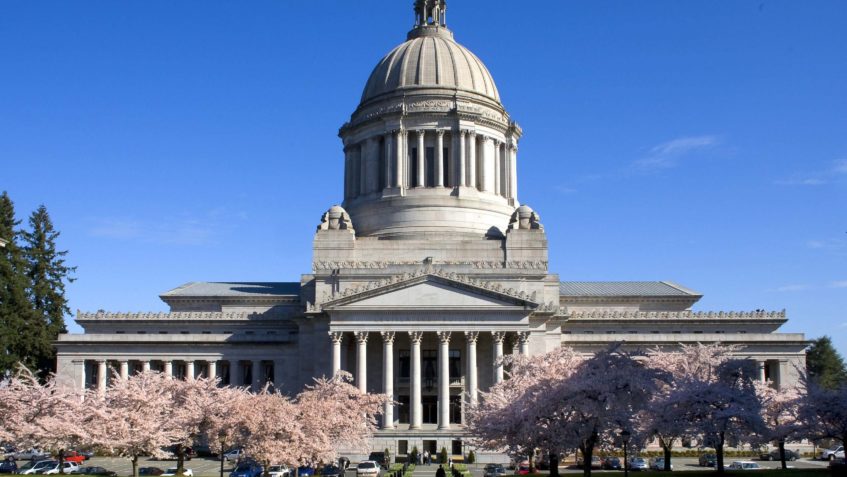Legislation sponsored by Sen. Sharon Shewmake (D-Bellingham) to promote Washington state’s manufacturing sector as it transitions to net zero carbon emissions by 2050 passed the Senate on Wednesday, March 8th.
Senate Bill 5269 creates the Washington Clean Manufacturing Leadership Act, directing the state Department of Commerce to develop an independent assessment strategy to capture and support new and emerging manufacturing industries and strengthen our current manufacturing base in a cleaner, greener economy.
“We don’t have to choose between a healthy planet and a strong economy — we can, and must, have both,” Shewmake said. “Our manufacturing sector provides people with good jobs and wages, and as our state, nation and global community work to stop climate change, Washington can lead the way in clean, green manufacturing. This bill will help us develop the plan and win federal funding support to make it happen.”
“Growing our green industrial economy is critical for a strong and fair economy,” said Jessica Koski, Washington State Policy Coordinator for the BlueGreen Alliance. “Manufacturing jobs are often high-wage stable jobs that are the cornerstones for families and communities. Any decline in local and domestic manufacturing hampers the middle class and contributes to already soaring income inequality.”
In a Feb. 14 letter, unions and environmental organizations urged legislators to pass SB 5269, writing that “Naming our state’s existing strengths and targeted areas for growth is critical for attracting new investment and maximizing the benefit of federal funding for all Washington communities. Developing a holistic, comprehensive state industrial strategy will also empower Washington to pursue its climate limits in a way that mitigates the risk of driving pollution and jobs out of state and overseas.”
The report, due to the Legislature in June 2025, will include:
- An assessment of how the transition to net zero emissions by 2050 will impact manufacturing in Washington;
- An assessment of the needs of the state’s existing manufacturers; identification of opportunities to build and maximize environmental and economic benefits of a circular economy in new and existing industries;
- Identification of requirements to attract new investment; identification of opportunities to support minority and women-owned firms, and small and medium-sized firms in capturing new and emerging industries;
- Identification of gaps in the state’s manufacturing sector that inhibit in-state manufacturers from creating the infrastructure and goods to transition existing manufacturers and attract new manufacturers to the net-zero emissions economy; and
- An evaluation to provide recommendations on the best use of public investment.
The Department of Commerce will also appoint an industrial policy advisor to ensure Washington fully leverages available federal funding for manufacturing to meet the state’s economic development goals.
The bill now goes to the House for consideration.


